Interregnum catches up with Austrian rapper Def Ill to talk politics, culture, and the history of hip hop.
Def Ill is a fixture in the Austrian rap scene. Alongside being one of the fastest choppers in the world, he is also a visual artist and an activist. Earlier this year Interregnum caught up with him to talk about his new record, ‘Side Two’, his influences, conspiracy myths, and the origins of hip hop.
Interregnum (IR): I don’t think it’s too far out to say that rap as a musical art form within Europe hasn’t generally achieved common acceptance. So, considering your political message, why rap? Why choose rap to communicate?
Def Ill (DI): Basically, I didn’t really choose rap; I guess rap chose me. I started from a very young age and I’m from a family full of contemporary artists. From a very young age, instead of keeping a diary I wrote lyrics. All my feelings and all my reflections were always presented through rap music. So I always had something to filter my soul and my thoughts. Sometimes it was the wrong way, especially in the rap scene. I started as a battle rapper and a political rapper as a child, and I didn’t have the knowledge when I was very young that I have now. I always try to defend rap as it is, but I have the feeling it has become even worse.
From where I am coming from, rap was always a part of Black culture in which we felt totally free because we are in a white country [Austria], but now I see the growth in Europe (and also in America, with people like Tom McDonald) of rappers who sympathise with the right-wing. It got so much worse. There is tolerance for racism and we have to fight against it. I saw it from a very young age, but I got lost in traps back then, and now I really try to teach people about those traps so we don’t fall into them. As guests in a Black culture we really have to be careful about what we repeat and what we follow, but I always felt like that’s the good thing about rap. People get lost, but people can find themselves again; not always – but sometimes! I found myself again and again, and reinvented myself through the years repeatedly. Maybe in other scenes it couldn’t happen in this way, because other scenes get caught up in bubbles. And rap has multiple bubbles.
'2 Min 10' from Def Ill's new record, 'Side Two'.
IR: You grew up within the autonomous art scene in Linz, and you have always been surrounded by visual, performance, and contemporary art. You’ve been to the art university yourself, so how would you describe the relationship between what is considered to be 'high art' and what you do?
DI: It’s a tough question, because basically I always get reduced to 90s rap. That’s how I started: I always wanted everything to look like the music video from Beck – Loser: I’m a loser baby so why don’t you kill me. That was when 'low art', as I would call the opposite of 'high art', defined the state of art in music because there were no better tools. Now I think that the differences are minor, because I was always told that I need to step my game up, and need to work more professionally musically or visually, etc. Now every fucking app has a filter that replicates the 90s. So everything I did is just a filter for people who try to be artistic. So I think it melted down, now you can do 90s stuff, and put it to the people and they’re like ‘Oh my god, that’s old school!’, but basically I always did the opposite of what was high art. Not that I don’t like high art – but I didn’t have money.
Beyond that, I always had sympathies for no-budget stuff, because I also think that it's more reflective of the rap street character and street art. I’ve always been more down with graffiti than other things, even though I visited galleries growing up. Also my parents work very differently from what you would consider to be 'high art'. What my sister does, for example, who is also an artist, is for me more 'high art', but also not in the traditional way. I think it’s very hard to define those terms, as mostly the curators and the galleries decide when those terms are right. I think it’s not in our hands to define high art and that is why I always sympathise with street art. The art that is outside the context of galleries. Nowadays you can find that shit – like Banksy, I mean – the opposite of high art is like the most high art for people when you consider the price, the stories, and the door in Paris. It changed totally.
IR: On a production level, you worked on almost everything in your latest record by yourself. You have used this approach for most of your other records – you’ve released 16 records at this point?
DI: In terms of albums, things that really can be defined as albums and EPs, it’s about 18–22, but including production and singles I have released about 1900 songs so far. I just counted them, but I will never get the full number because some shit got taken down from the internet.
With the latest releases I did almost everything by myself. Before that, I had worked more with my friends who I looked and still look up to. But I had a moment when I realised that I didn’t want to depend on anyone else, as that comes with waiting times and different visions. As we talked about, I’m very artistic and unique in the way I want to have things, and other people are often like: ‘yeah, but this is state of the art, we should all agree to master volumes and sound regulations’ and I’m not that guy.
I bang my shit through tape decks, through 70s tape decks from my father, like original tape decks. If I have a reggae drum loop, I want to sound like Lee Scratch Perry and so I pull it through an old machine. I’m like fuck it, I wanna be Wu-Tang, I put it through a tape deck and call it a master. Fuck you. I don’t like all that state of the art talk, and that’s when other people starting walking away from your shit, even if I give it to other people, because they’re like ‘it could be more professional’. And then I have to pay.
It’s also money, like even when I work with friends, they also need money for a master and then I’m not fully satisfied, because I had a different sound in mind. Not that I’m totally unsatisfied when other people do it, but I feel like the sound that I want to do is something that nobody can do but me, and I tried it several times and it wasn’t always that. Maybe other people said ‘yeah, that’s your most professional album!’ because they heard that the master volume was exactly like the Pussycat Dolls. But I don’t wanna be Pussycat Dolls. Nothing against Buttons, it really was state of the art back then, when every rapper compared their albums to that sound quality, but I compared my music to trash demo tapes from the 80s and I wanted to sound like live music from Jamaica with fucked up equipment. That was always my favourite sound, so I could never go along with the vision of others who want to be professional, when I want to be totally artistic even if that means being unprofessional in the ears of others.
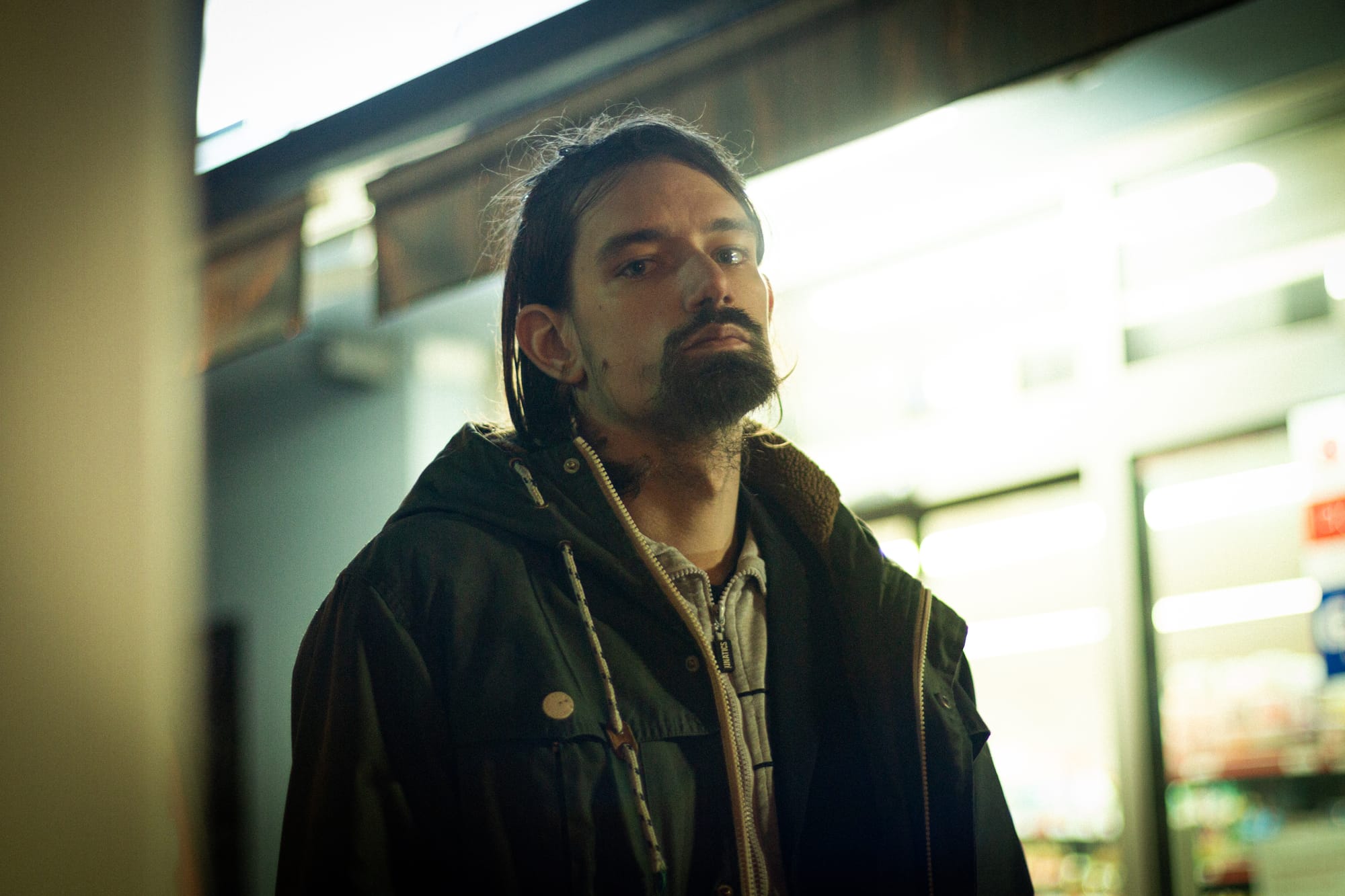
IR: In the same vein, before 2020 you released all your music independently, but after 2020 with Lobotomie, which came out through the Viennese label DuzzDownSan, most of your music has been released through them. Why did that change come about, and why particularly DuzzDownSan?
DI: It’s hard to say. They have always been family, also my first vinyl release – nobody knows this – was through DuzzDownSan. Back then it was so hard to get a label code, so Mosch – the founder of DuzzDownSan – gave me one. It was like that back then, before you had DistroKid and all that stuff. Then I released independently or over Boombox, which was also an independent label by my friend Digga; we all paid for our own shit, but we had a name as a collective. Then Boombox broke and kinda turned into Honigdachs, and I got somehow stuck in the middle. I didn’t really fully want to do the change with the others. I wanted to be independent and so I did that, but I’m still independent in the way I work, as I just said.
When I thank DuzzDownSan and P.Tah for their help, he always says ‘I literally did nothing, you did it all by yourself bro. I just sent a few emails’. But the thing is, DuzzDownSan has never been a sausage party, at least they always try not to be. They always try to be diverse, and put women up front and also when I started at DuzzDownSan, Unused Word – one of my favourite artists from Austria – was on the label. We have a totally common political ground, and share the genre meltdown that they have with electronic music with dancehall – like me and Kinetical do. Also UK Grime, but also Austrian Hip Hop. There is no limit at DuzzDownSan and that’s why I always felt home there. I could also go to a Hip Hop label, but even though people see me as that boom bap guy in Austria, I’m not. At DuzzDownSan, I really felt at home, because there is no limit that they gave me, they don’t tell me shit. They are not trying to force collaborations, it just all happens naturally. And now also my friend Selbstlaut is on it, so it all goes back to where I feel like home.
IR: Coming back to the way you make music. In a lot of your music you reference very niche pop culture. Things like Jodorowski …
DI: David Lynch!
IR: Well, David Lynch isn’t that niche, I would say.
DI: More than Tarantino!
IR: So how would you describe the relationship between pop culture and politics – in particular because your music is very political?
DI: I think it’s the metaphor. Because in rap, you talk in metaphors. Some people took that too far, considering what we were saying about right-wing rap and all that third eye pyramid shit, but I think I’d rather write a political song with metaphors of Jodorwoski movies, than write the same song over and over that just shows my left-wing stance. I don’t want to be the guy who only yells through the demonstration megaphone. I also like that, and we’ve also been there, we do that as Stick ‘em up Motherfucker. But we always have literature references, even if it isn’t always literature. In my case it was more movies, because I’m a lazy motherfucker who doesn’t really read, so I call my friends and so I’m more informed by second hand literature. I always felt at home in metaphors, and I often feel that nowadays the criticism against rap often blames the wrong people, because people don’t listen or read clearly any more in terms of what is metaphorical, what is a straight sentence, and what is an order by the artist. People are blind to that now and I feel like this is where the art got lost. That’s also why I always felt at home with weird movies; Jodorowski was always my shit, Stanley Kubrick was my shit from a very young age.
On my album we try to break with our own idols from noir culture, or like, Tarantino who is more mainstream – even if mainstream motherfuckers will call him the independent guy. For example, when the Weinstein situation came to light, me and my homie Despo wrote a song about how our minds broke concerning Tarantino. Because Tarantino brought female hero roles to the cinema, he was a hero for us when we were young because he gave women a role. Nowadays we see a lot of sexism in it, we realise that now. As white cis men, it takes longer to accept that your idol was bullshitting around. We see this differently now, especially with the Weinstein and other Hollywood scandals. We thought it was enough to give women a place in the spotlight and strong roles as empowerment. We now see that empowered women still have struggles in an environment that we thought of as a cool environment. It was not.
Lars von Trier, for example; I was a fan of his work, but I now think that he is very horrible character in movie history. I mean, you pay the greatest musician of all time in my eyes – Björk – to play a woman who suffers the most in the world in Dancer in the Dark, but then it came out that he tried to molest her on set. It seems sometimes that I grew more towards feminism as I got older, while the rest of the world goes around yelling, ‘feminists are just man haters! Blablabla!’. We really had to see those things, and we really had to reflect on the reflection, of the reflection, again and again. It really all takes me back to Jodorowski, to be honest. I don’t know any other person in the film industry from America that I felt sympathy for, that I would want to name now in this case, but Jodorowski never lost me. Because you know, Jodorowski said that the only good American movie was Starship Troopers and I guess he’s right.
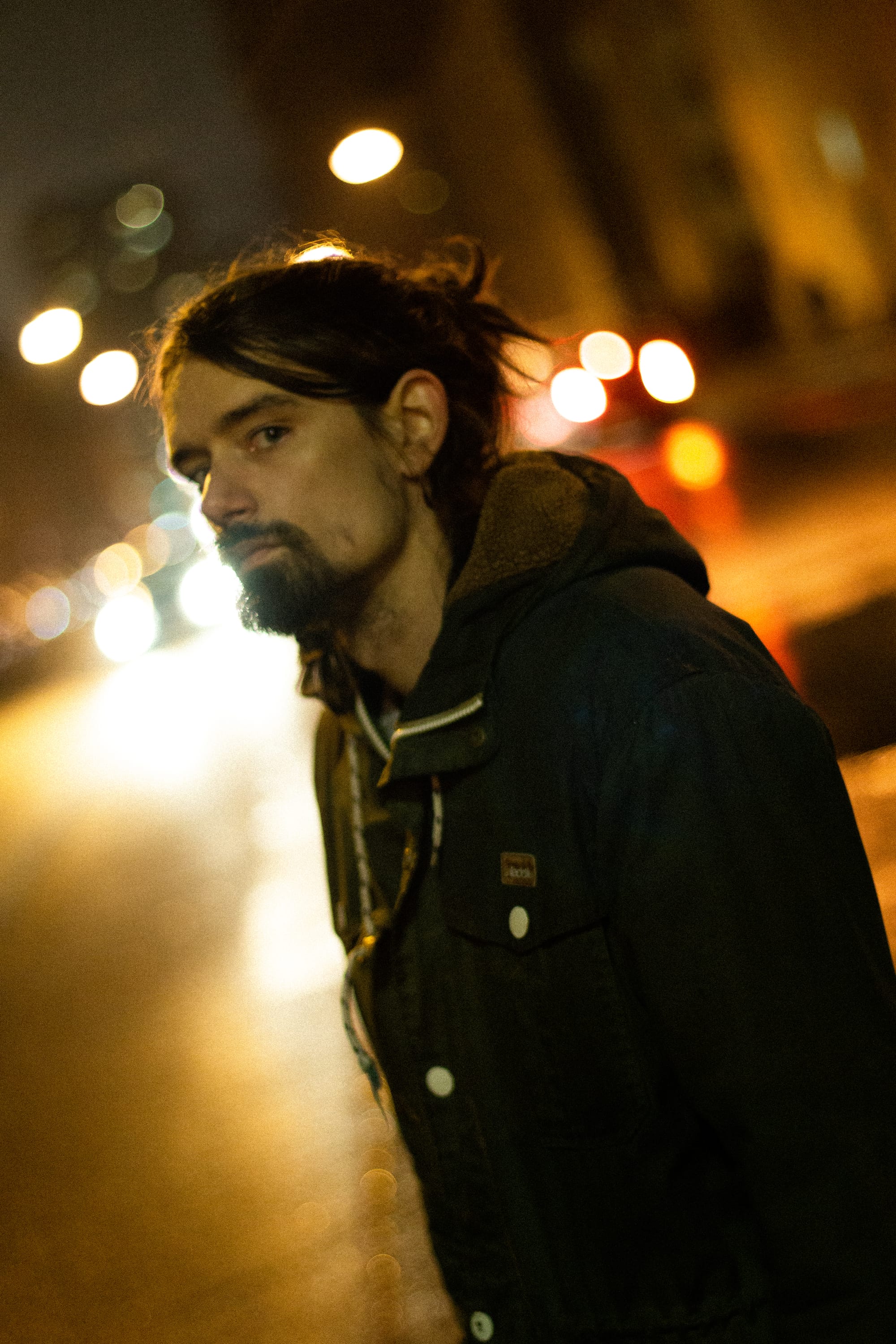
IR: Conspiracy theories are also something that you speak about a lot in your music. How would describe your personal connection to conspiracy theories, but also to rap in general? Because there is a very long tradition of conspiracy theories being very important in rap.
DI: Yes. I think the problem is that it is always easy, because rap has always been a counterculture it comes from environments in which people always struggled. If you look at rap as always being a part of Black culture in America and consider the oppression that this entails, it makes sense for it to be constantly looking to name those guilty of that oppression. And back then there was simply not as easy an access to the knowledge about who wrote what. Nowadays you can’t really ignore that most of that shit goes back to Bill Cooper, which goes back to the Protocols of the Elders of Zion, which was a fake bootleg to begin with. Now we have these reflections, but I also hate to blame rap for perpetuating these myths. Because, especially as a white guy from Europe, I can’t blame musicians who didn’t have access to this knowledge for someone like me repeating what we heard from them. Reggae music made me who I am today to a large extent, I had this long phase where I was like, 'I’m a Rasta man, but I’m not homophobic, but I’m a Rasta man!'. This was in my puberty.
In this case we have to be very careful with judgement, because a lot of people use terms like New World Order or Babylon within the music and the culture. Which in turn then makes people in Europe say right away ‘OK, this is the Babylon conspiracy! That’s the New World Order!’ [1] but sometimes you blame the wrong artists. And instead of each one teach one and listening to them, you blame them for using terms loosely. In reggae and hip hop, terms often get used really loosely. New World Order and Babylon to Jamaicans are sometimes just metaphors for the entire system. And now we have all these people in rap who are really into the wrong internet, who really choose this reality where you believe everything that claims to be counterculture. We have these enemies of science, and that’s not what it was back then: back then there was a lack of understanding. I also feel like a lot of artists like Vinnie Paz – who gets a lot of blame for spreading ideas of chemtrails and shit – I almost gave up on him, but then he made the song Manufacturing Consent, in which he apologises for all that shit because he did his research.
Especially during COVID, I feel like the whole world got lost in their own fears, and in their own struggles, and in their own confusion. That’s when conspiracies went bigger than ever, and that’s when the right-wing came in. Because they were already waiting, I mean they’ve been waiting since Helena Blavatsky! There have always been people waiting for us to be open for the pyramid, and all those right-wing symbols, and during Corona it happened to rap. A lot of people became very skeptical of their governments – I mean of course it’s the governments fault – but people didn’t differentiate between what is a critique that is proven and a critique that is just speculation. Then you have people in rap that say shit like, ‘I don’t need to know this to know this!’... You can really just break it down like that, because we have more access to knowledge than ever, and though I think we can’t just give people up, we also can’t give them platforms if they refuse to be open to knowledge.
When I was younger also repeated wrong things. To be honest, I also smoked too much weed and I was paranoid. I was hanging with the wrong people who told me bullshit, and then I watched the wrong documentaries. But like now I can clearly see that films like Zeitgeist, or the book Behold the Pale Horse by Bill Cooper, all these things were at fault for this mindset. I can really recommend the podcast Behind the Bastards regarding Bill Cooper, because it totally opened my eyes to how Black culture was influenced, through the jail system, into believing that shit. Now I am at a point where I really think I have to make up for this for my own community and my own listeners to whom I sometimes told them bullshit. Nobody is perfect, but we really have to see when we made mistakes, and we really have to be clear here. When we have this insight, we have to share this knowledge that we were manipulated, especially in the case of all this right-wing stuff. Helena Blavatsky already tried the same shit that Bill Cooper tried, just one hundred years earlier, so be careful what you believe, nobody ever knows anything, and look out for the people around you.
IR: Within a lot of your music, you move very freely between very personal tracks and very political tracks, even sometimes within the same verse. How would you describe that relationship between what you deem as personal and what is objectively political? And is there really a difference?
DI: Not really, I think that everything is political. I know a lot of people will be like ‘I’m apolitical’, but that’s the trap. You can’t be apolitical. If you say you are apolitical, you choose to be instrumentalised. If you think you can see everything in the world in your way, you entirely open yourself up to everyone in this world who wants to instrumentalise you for their political causes. That’s the same with the conspiracy myths. That’s why I also rap about personal shit, and in the next sentence political shit. I guess that’s also kind of my mind, I can’t really turn off the political brain. I really tried on my last album to reduce the political shit, and to be honest, when I tried to reduce it, it got worse. It’s always combined; when I feel pissed at the world, it’s because of politics, it’s because of the suffering of people that politics leads to. I think, if you think that something is not political, you are just blind. Maybe your third eye is open, but the other two are blind.
IR: In terms of your personal imprint on your music, you speak a lot about being ‘real’. You released a record called Real Recognize Real with Digga Mindz. What does that mean to you, and would you consider it to be something political as well?
DI: Back then we tried to be the Wu-Tang of Austria, so 'real' to us was 'we make boom bap and all you motherfuckers are switching to trap! It’s not real! You fake!'. Nowadays, I would say that real is just to say stuff that you would say in life. But back then we all had our artist name, and we would hide behind our artist name, and when we said shit, it was like ‘no it wasn’t me, it was Slim Shady!’. When I say I’m real, that really only means that I would tell you the same thing in life that I tell you through my music.
The real/fake debate is over now, because everyone with a social media account somehow fakes something anyway, through a camera or filters or whatever. In music you can really feel if it’s something that comes from the heart or not. If the art is something really important to the artist, or if it is just something that was made for the clout. I think that is the difference between real and fake for me now. And as is everything else, I think it is always something political now. But back then it was like ‘do you make boom bap, or not?’. People used to call me a ‘boom bap Nazi’ for that, and now I see it, because now I am open to other genres.
IR: Looking more at your last record, Side Two...
DI: Side 2 was Side B, as it was the follow-up project of Side A. But then Conway the Machine announced – one day before I announced my album title – 'Side B', I don’t know if he did yet or not, but then I had to switch. Originally I actually named it Side 2, because the cover was the test pressing of my first vinyl that my father has, and the other side just says '2'. So for me it was cool as an artistic decision, but it was like a last minute escape.
IR: On that record you say, 'everything is hidden in the B-sides'. What do you mean by that?
DI: Several things. The thing is, it’s not always the B-side, sometimes it is also the break on the A-side. Hip hop results from the break, or the B-side, from a Soul record where only the drummer played, and the DJs juggled that. That is where Hip Hop came from, through the technique of backspinning the parts of the record where the drummer had a solo or where there was a crazy part for the dancers. Also in Jamaican music, you had an A-side which was for the song, and then Tubby and Lee Scratch Perry started doing dub versions of the A-side. So the B-side was a version that only had the bassline, the drums, and rare elements of the vocals with a delay effect. Here I see a crazy parallel to how hip hop came about, especially considering that Theodore and Herc and a lot of those people who started then in New York had Jamaican roots.
So there was a relationship between the selectas in Jamaica to the backspinning and juggling that started in the USA and birthed hip hop. That’s why I quote on the record that 'Mom and Dad are from Jamaica man', about hip hop. Our forefathers were B-sides from Jamaica that resulted in samples for hip hop music. So everything comes from a fucking B-side, but people are so focused on hits and doing hits and marketing stuff, and I’m like ‘no man, all the magic came from the B-side, why should I focus on the A-side when the magic is on the B-side’.
I’m a big dub head too. Recently I was at Iration Steppas who turned up to Steppas dub, and there is a lot of influence that you can’t deny. Also in electronic music, the effects that are used in the breaks that are state of the art, like the delay that keeps going up in frequency, all that comes from dub or early hip hop. So many people refuse to see that. Also there are a lot of parallels to psychedelic rock, where they also tried to fool around with things. Now I often realise how dub techniques were used in psychedelic rock records when I am digging for samples, and I feel like that is where we come from. If you ignore the B-side and you just want the hit, you will never have a full perspective of what these types of music and what the roots are. And so I always say, solidarity to the bass.
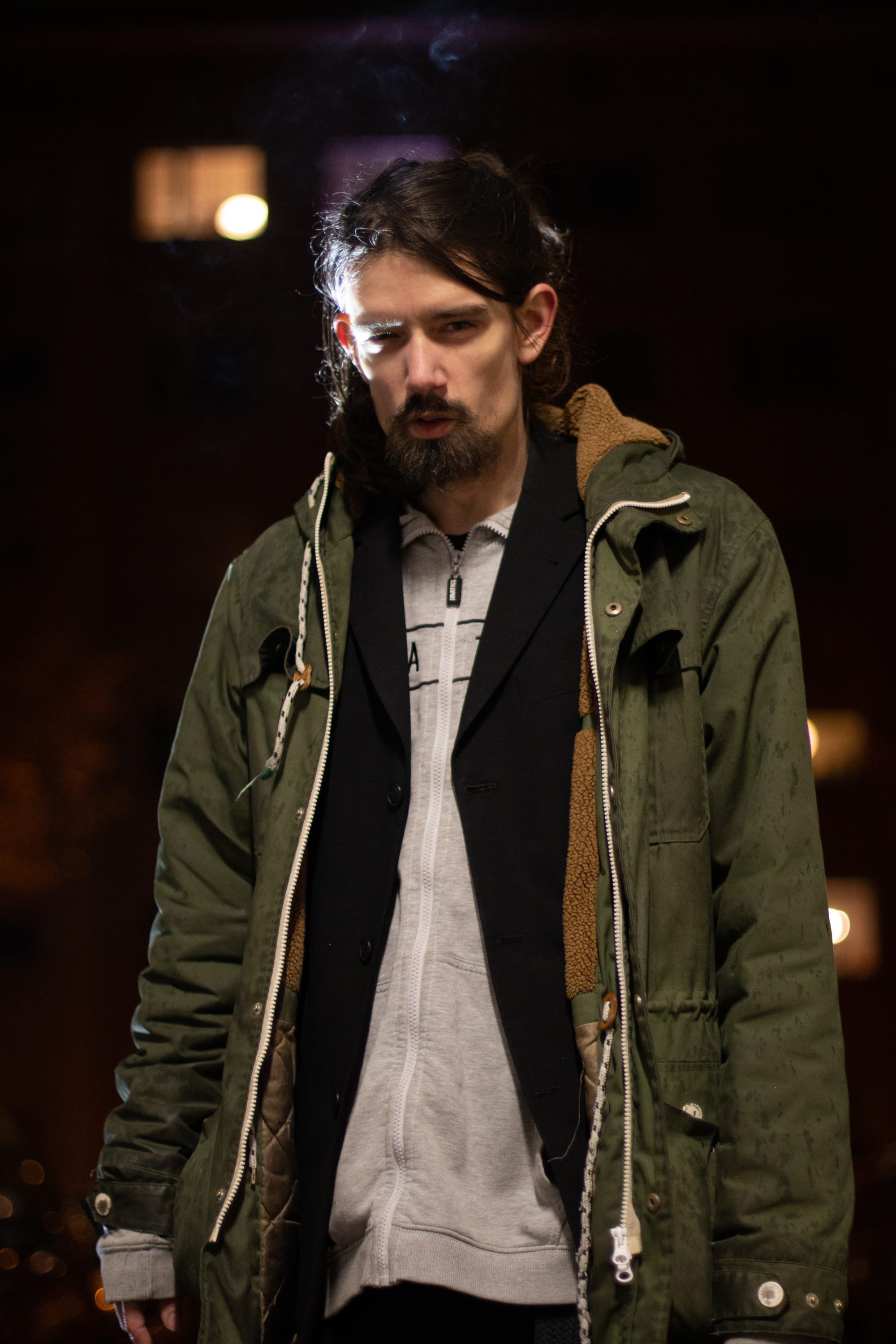
IR: Again about your last record; the first song on your last record is called 'Bout the notes you don’t play', and on it you say that 'politics is like jazz'. Could you expand on that? Why is politics like jazz?
DI: Because you sent me a video! We were talking about Jordan Peterson. We hate Peterson, because Peterson is like that guy who uses philosophy to justify misogyny, but it’s not philosophy, it’s hatred. It’s transphobic hatred. He uses undercover hatred and tries to mask it as philosophy. I was watching 'Philosophy Tube', a special episode about Peterson and his ideology. Though they cannot speak about politics, they contradict Peterson using his own words. I can highly recommend this episode because it is done in a very proper way, they use a lot of fire metaphors that I also tried to use, but that one sentence got stuck in my head and it then kind of formed the album intro. That is what I wanted for the album intro: 'politics is like jazz, it’s about the notes you don’t play'. They do also give Peterson credit for how well he does it, and sometimes he uses real philosophy, but he always tries to sneak in some fascist political messages. And we have to see them, realise them and fight against them.
As we talked about before in terms of rap music, we can’t give up on people too early. Because when I was young and I was talking bullshit, nobody grabbed me by the ear and said, ‘Hey man, what are you doing?!’... But I wish someone had done that earlier when I was talking bullshit on stage, because you lose people and you don’t even know why. But when watching Philosophy Tube it became really clear to me. OK, that’s the shit, it’s subliminal stuff, and we have to be careful about what we communicate subliminally and what we take on subliminally and we always have to look for the root and the source code of what we do or are attracted to.
IR: On a much lighter note, is there anyone you particularly want to shout out?Either musically or from whom you’ve learned.
DI: I want to give a big shout out to Immortal Technique. He also had cases where he was like, repeating weird stuff and meeting with the wrong people, but he never gave up the fight, and now he is dedicating everything to the community and always tries to watch out. Some people maybe don’t like his character, but I really have to show respect to someone like him. Like for example, Dead Prez, they have been sharing a lot of Peterson, and it really hurts me in my heart because they kind of made me who I am also and very much formed my love for Black culture, Black art, and Black politics. It was because of them that I watched so many Malcolm X interviews and documentaries. So when I see my favourite artists from back in the days sharing Peterson, it really hurts me.
I also want to give a shout out to everyone who inspired me and all my crews, so that we always have a never ending development, because you can never stop improving in a world that is turning so fast. Especially now. With what is happening now, the whole left wing bubble is totally broken. I don’t even have a left wing crew that I roll with, there are so few people. So that’s why I want to give a shout out to everyone who kept it … 'real'.
We both laugh.
[1] Within this context it is important to keep in mind, that particularly in reggae these references are to be understood as references to the biblical city of Babylon, rather than the right-wing conspiracy myth spread by the likes of David Icke.
Def Ill's music is available on Spotify, YouTube, and Bandcamp.
You can reach him here.


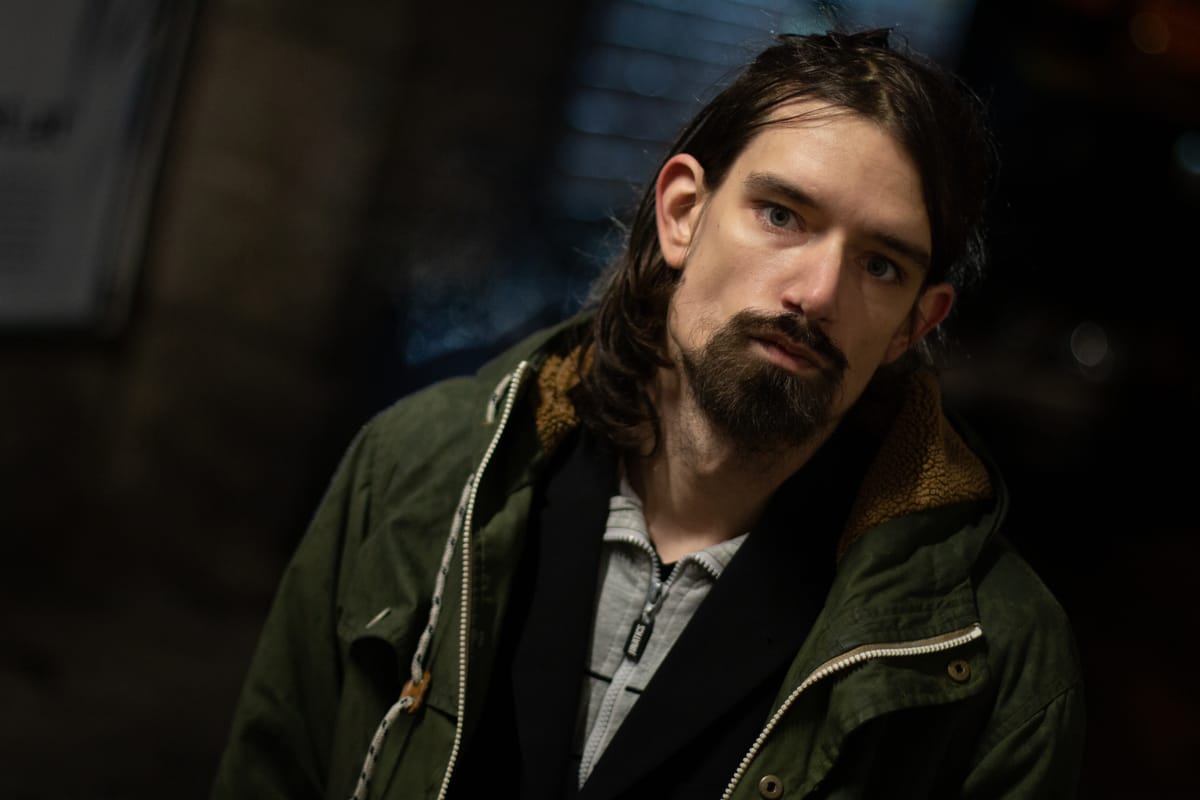

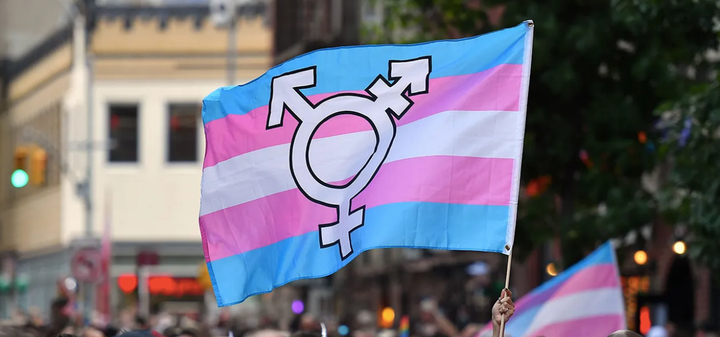
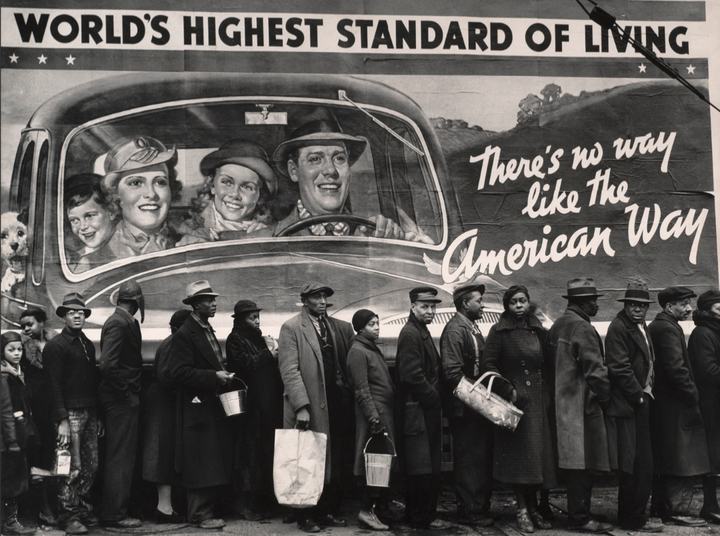
Comments ()